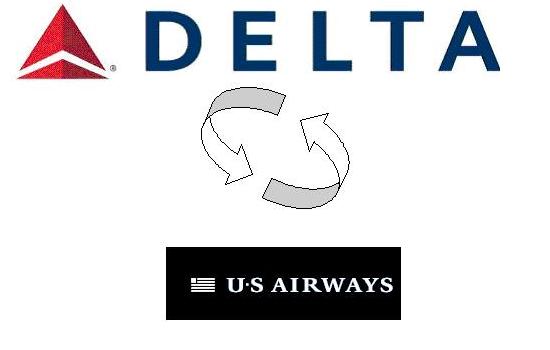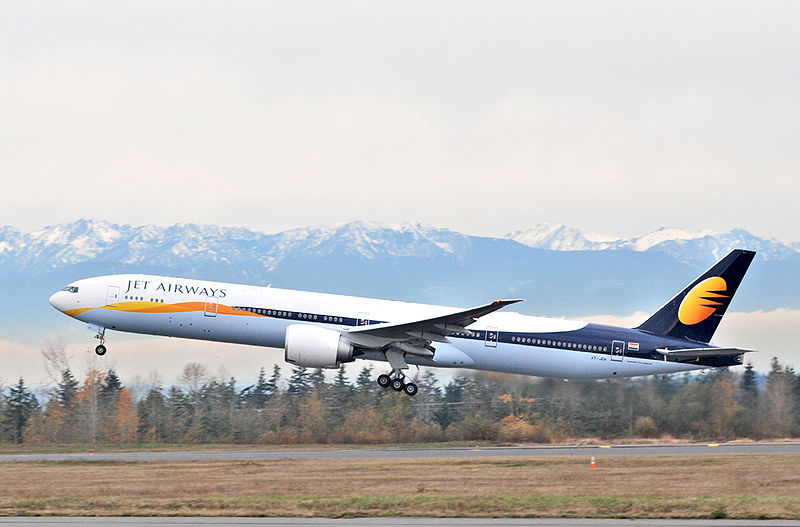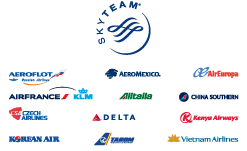The FAA Re-Authorization bill is stuck in the United States Senate because of a battle over allowing more long distance flights to Ronald Reagan Washington National Airport (commonly called just National Airport in the Washington/Baltimore metro area).

Ronald Reagan Washington National Airport - Courtesy: Metropolitan Washington Airports Authority
What is the Perimeter Rule?
Reagan National Airport has a Perimeter Rule that prevents flights longer than 1250 miles. It is also a slot-controlled airport, which means the number of take-offs and landings are strictly controlled by the FAA. Any increase to the number slots has to be approved by the FAA/DOT. This means the slots are one of the most valuable commodities. Airlines scramble to get slots at Reagan National. The traffic is mostly business travelers and O&D.
Why Perimeter Rule was put in place first?
- The initial objective of the Perimeter Rule was to drive traffic to the newly built, once thought as a white-elephant, distant Dulles International Airport.
- With the advent of Jet age, the rule was cited as a preventive measure to control noise around the densely populated Northern Virginia suburbs of Arlington and Alexandria.
- With the terrorist attacks on September 2001, the security angle also came into play, because of the airport’s proximity to downtown Washington and Pentagon.
Why the Rule is still in place?
The real reasons for not relaxing the rules are the following:
- The local population living around the area vehemently opposes any relaxation of these rules fearing increased air and noise pollution. This means the local politicians have no incentive to support this measure.
- Both Reagan National and Dulles are run by the same agency – Metropolitan Washington Airports Authority, which sees no big reason to change the status quo.
- The local population is used to drive to Dulles, as it is the main international gateway to the region. People on the Maryland side of the beltway have easy access to Baltimore Washington Thurgood Marshal Airport (commonly referred here as BWI). BWI offers excellent low fare choices as it is the hub for Southwest Airlines.
- All the three airports thrive because of their unique advantages (National – preferred by the business traveler, mostly O&D traffic; Dulles – primary international gateway with wealthy population living around; BWI – excellent low fare choices).
- And finally, the local law makers and airport administrators have some concern of loosing traffic to Reagan National if more flights and destinations are added (which is not true as I explain it later).
These reasons make sense as it is a local transportation issue and hence the local people and leaders should make decision.
Why Perimeter Rule is a problem?
- The restrictions are against the free competitive market spirit of America.
- Also, the Western US markets such as California, Oregon, Washington, Arizona, Colorado and Utah want direct non-stop access to Reagan National Airport. Their argument cannot be dismissed either – they want to have access to the closest airport to downtown Washington.
What is the problem in adding more services to Western markets?
- The issue gets complicated as there are no free slots available to add more flights.
- Adding new slots will be opposed by the local population living around the airport.
- Exiting slots cannot be used to start services to these new markets because of the fear that the smaller markets in the Midwest will loose their existing service. The law makers and business leaders in Midwest would not agree to that.
So, what should the Congress do?
Should it repeal the Perimeter Rule? No.
Should it keep the rule as is? No.
Congress should strike a compromise.
- Allow very limited number of new slots to Reagan National in order to serve San Francisco, San Jose, San Deigo and Portland, OR markets of the Western states. These markets lack non-stop service to Reagan National airport.
- These slots should not be used for expanding existing services to markets such as Los Angeles, Las Vegas, Phoenix, Denver and Salt Lake City, because they already have non-stop services to Reagan National.
What are the implications of adding few new slots?
Local Population Living Around National Airport – With modern jetliners, the noise and air pollution is much less than what we think. So, this should not affect their quality of life.
Markets that already have services to National Airport – New slots are used for these services and hence it should not be a problem.
Dulles Airport – There are some concerns with the local law makers and airport administrators that Dulles might loose some traffic. But, the impact on Dulles would be minimal. Dulles thrives and it is the largest airport in the region. It serves two of the wealthiest counties in country (Loudoun and Fairfax). It also serves the economic engine of Northern Virginia, namely the Tysons Corner and Dulles Technology corridor. With United operating its transatlantic hub, there should be plenty of connecting traffic in addition to the O&D.
BWI Airport – BWI would do fine too, as it caters to the Baltimore market in addition to the Washington market. It also has the low fare juggernaut in Southwest.
US Airways – Ideally US Airways would prefer to use its existing slots because new slots would be very difficult to justify as it is the dominant carrier at National. But, it could argue with DOT that as a dominant carrier, it should get some new slots so that it can offer connections to West Coast for smaller Eastern communities through National. I am not sure how this argument will fly with DOT. So, if new slots are allowed, it would mostly be negative to US Airways as other airlines would compete to get them. If few of the existing slots are allowed to start these services, US Airways would be the major beneficiary.
United Airlines – United also has something to gain and loose in this arrangement. As a dominant airline at Dulles, it might loose some business traffic to National Airport because San Francisco is one of the top destinations in Washington/Baltimore area. On the same token, as a dominant airline in SFO, United could win new slots to serve SFO from National (Virgin America would compete to get these slots too).
Other Airlines – If Portland, OR is allowed to have direct service, Alaska airline may benefit.



